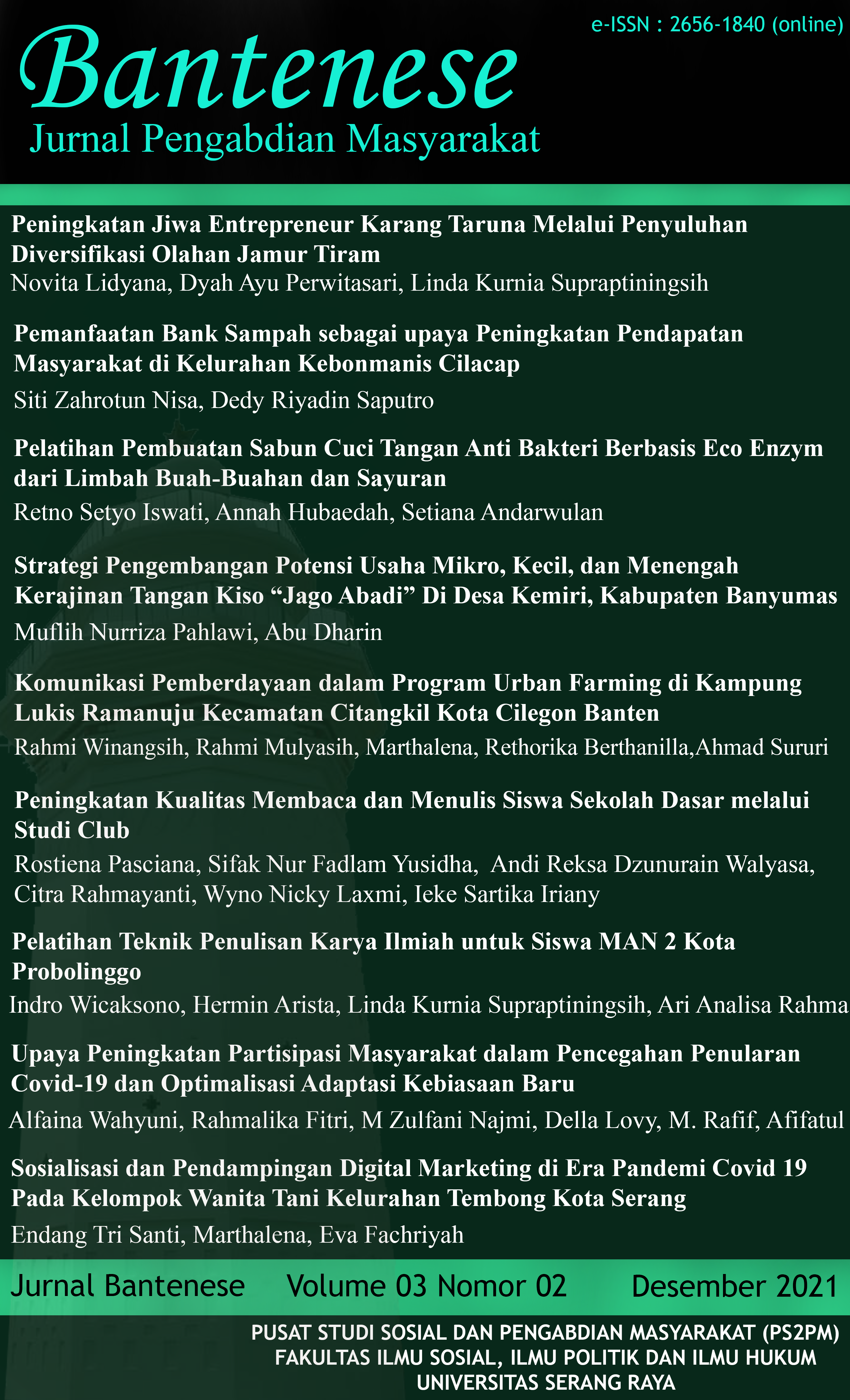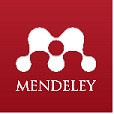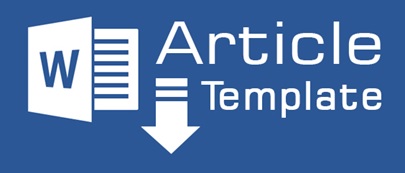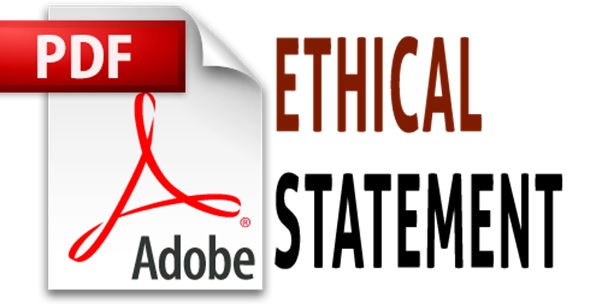Pemanfaatan Bank Sampah sebagai upaya Peningkatan Pendapatan Masyarakat di Kelurahan Kebonmanis Cilacap
DOI:
https://doi.org/10.30656/ps2pm.v3i2.3899Keywords:
Waste Bank; Economic Value; Society Participation; EmpowermentAbstract
Garbage is a national problem and an important issue, especially in urban areas. In this case, the people of Kebonmanis took the initiative to reduce the impact caused by the accumulation of household waste by managing a waste bank. Household waste that was previously only disposed of in the landfill has now begun to be sorted and put to good use for activities in their respective environments, including in terms of increasing the income of the surrounding community. The activity begins with counseling, education, training and implementation. The purpose of this activity is to reduce the accumulation of household waste so that disasters do not occur and utilize waste with the creations and innovations of the surrounding community. In addition, to increase people's income by collecting and exchanging waste every week for basic food materials. The method used is observation, interviews, and documentation. The results show that the management of the waste bank provides many benefits to the surrounding community, the environment becomes comfortable, beautiful, green, and increases the economic income of the community. This activity received support from several parties such as the Cilacap government, the PKK driving team, LKM Makmur Kebonmanis, and PLN Peduli. The conclusion of this study is that household waste can bring benefits in terms of social, economic, and environmental positive impacts from the Waste Bank in Kebon Manis Village, Cilacap. The results show that the management of the waste bank provides many benefits to the surrounding community, the environment becomes comfortable, beautiful, green, and increases the economic income of the community. This activity received support from several parties such as the Cilacap government, the PKK driving team, LKM Makmur Kebonmanis, and PLN Peduli. The conclusion of this study is that household waste can bring benefits in terms of social, economic, and environmental positive impacts from the Waste Bank in Kebon Manis Village, Cilacap. The results show that the management of the waste bank provides many benefits to the surrounding community, the environment becomes comfortable, beautiful, green, and increases the economic income of the community. This activity received support from several parties such as the Cilacap government, the PKK driving team, LKM Makmur Kebonmanis, and PLN Peduli. The conclusion of this study is that household waste can bring benefits in terms of social, economic, and environmental positive impacts from the Waste Bank in Kebon Manis Village, Cilacap.
References
Asteria, D., & Heruman, H. (2016). Bank Sampah Sebagai Alternatif Strategi Pengelolaan Sampah Berbasis Masyarakat di Tasikmalaya. Jurnal Manusia Dan Lingkungan, 23(1), 139.
Bachtiar, H., Hanafi, I., & Rozikin, M. (2015). Pengembangan Bank Sampah Sebagai Bentuk Partisipasi Masyarakat Dalam Pengelolaan Sampah ( Studi Pada Koperasi Bank Sampah Malang ). Jurnal Administrasi Publik, 3(1), 130.
Ekowati, Heni. Personal Interview. 23 Agustus 2021.
Harsari, F. S., Priyambada, I. B., & Samadikun, B. P. (2016). Studi Timbulan, Komposisi dan Karakteristik dalam Perencanaan Teknis Operasional Pengelolaan Sampah di Rusunawa dan LPPU Universitas Diponegoro. Jurnal Teknik Lingkungan, 5(1), 2.
Haryanti, S., Gravitiani, E., & Wijaya, M. (2020). Studi Penerapan Bank Sampah dalam Upaya Pengelolaan Lingkungan Hidup di Kota Yogyakarta. Bioeksperimen, 6(1), 63. https://doi.org/10.23917/bioeksperimen.v5i1.2795
Hidayat, M. N. Personal Interview. 22 Agustus 2021.
Linda, R. (2016). Pemberdayaan Ekonomi Kreatif Melalui Daur Ulang Sampah Plastik (Studi Kasus Bank Sampah Berlian Kelurahan Tangkerang Labuai). Jurnal Al-Iqtishad, 1(12), 2.
Novianty, M. (2013). Dampak Program Bank Sampah Terhadap Sosial Ekonomi Masyarakat Kelurahan Binjai, Kecamatan Medan Denai, Kota Medan. Welfare State, 2(4), 4.
Nurhidayah, P. (2017). Pemberdayaan Masyarakat Melalui Bank Sampah di Dusun Serut, Desa Palbapang, Kecamatan Bantul, Kabupaten Bantul. Jurnal Pemberdayaan Masyarakat, 15(2), 4.
Ratiabriani, N. M., & Purbadharmaja, I. B. P. (2016). Partisipasi Masyarakat dalam Program Bank Sampah : Model Logit. Jurnal Ekonomi Pembangunan Fakultas Ekonomi Dan Bisnis Universitas Udayana, 9(1), 54.
Saputro, Y. E., Kismartini, & Syafrudin. (2015). Pengelolaan Sampah Berbasis Masyarakat Melalui Bank Sampah. Indonesian Journal of Conservation, 04(1), 84.
Selomo, M., Birawida, A. B., Mallongi, A., & Muammar. (2016). Bank Sampah Sebagai Salah Satu Solusi Penanganan Samapah di Kota Makassar. Jurnal Mikmi, 12(4), 237.
Setyaningrum, I. (2015). Karakteristik Peningkatan Pengelolaan Smpah Oleh Masyarakat Melalui Bank Sampah. Jurnal Teknik PWK, 4(2), 195.
Shentika, P. A. (2016). Pengelolaan Bank Sampah di Kota Probolinggo. JESP, 8(1), 94.
Wardany, K., Sari, R. P., & Mariana, E. (2020). Sosialisasi Pendirian “Bank Sampah†Bagi Peningkatan Pendapatan dan Pemberdayaan Perempuan di Magarsari. Jurnal Pengabdian Kepada Masyarakat, 4(2), 369.
Warto, & Sriyanto, A. (2021). Pemberdayaan Masyarakat Melalui Pemanfaatan Lidi Kelapa di Desa Grogolpenatus


















